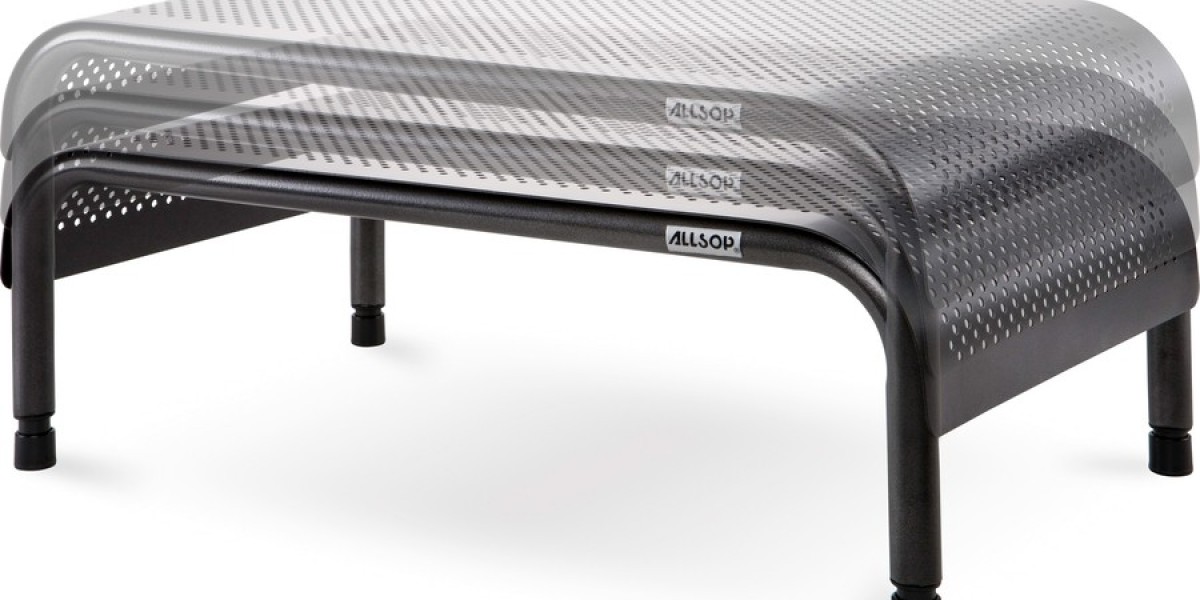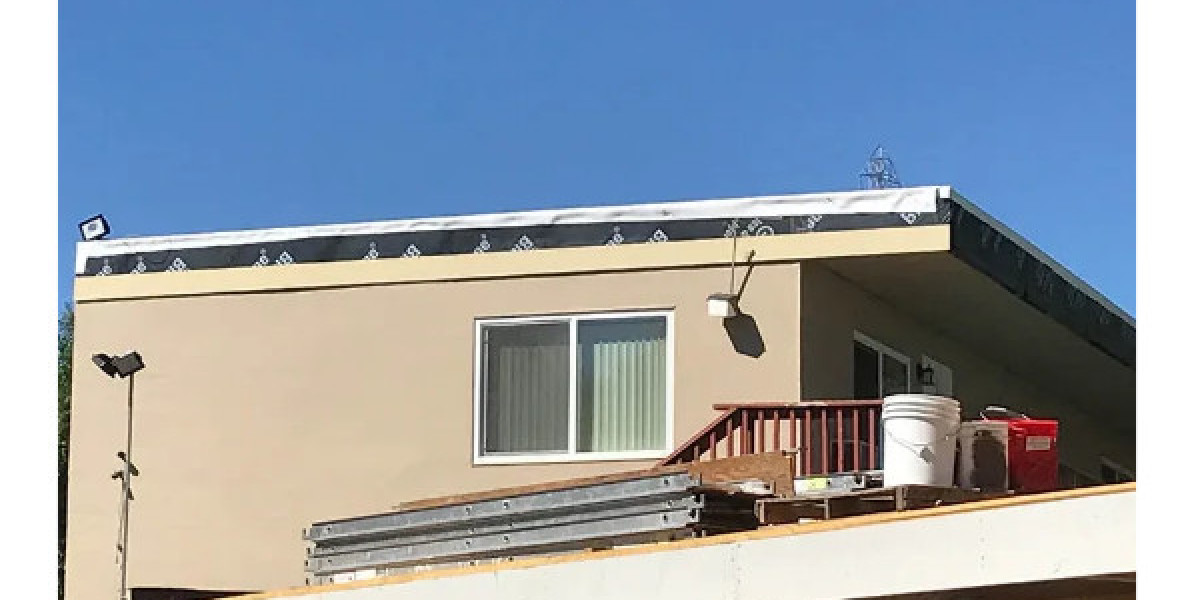As sustainability becomes a strategic imperative for companies across the globe, the conversation is expanding beyond how spaces are built to how they are decommissioned. The end-of-life phase for office furniture and assets often involves massive waste, high costs, and negative environmental impact. Recognizing this challenge, Allsteel—a leader in contract furniture solutions—has partnered with Green Standards, a sustainability and corporate social responsibility (CSR) firm, to revolutionize how decommissioned office assets are managed.
Together, they are redefining decommissioning as a sustainable, socially conscious, and economically sound practice—one that supports environmental goals while delivering tangible community benefits.
The Problem with Traditional Office Decommissioning
Office decommissioning typically occurs during:
Relocations
Renovations
Downsizing
Mergers and acquisitions
In these transitions, companies often face the daunting task of clearing out large volumes of furniture, fixtures, and equipment (FF&E). Traditionally, this results in:
High landfill waste: Millions of pounds of usable office furniture end up in landfills each year.
Costly removals: Hiring crews for removal, transport, and disposal can become expensive.
Wasted resources: Quality assets are discarded despite their potential for reuse or donation.
CSR blind spots: Companies miss opportunities to support community organizations or report sustainability metrics.
In a world striving for circular economies and net-zero goals, this linear approach to asset disposal is no longer acceptable.
Allsteel’s Vision: Circularity in Office Furniture
Allsteel has long championed sustainable product design, manufacturing, and workplace solutions. From using recycled materials to reducing VOC emissions, the company has earned recognition for its environmentally conscious practices. But sustainability doesn’t end when a product leaves the factory.
With sustainable decommissioning, Allsteel extends its commitment by ensuring that used furniture and assets are diverted from landfills and reintegrated into useful life cycles—through reuse, resale, recycling, or charitable donation.
Who Is Green Standards?
Green Standards is a pioneer in sustainable decommissioning and asset redistribution. Since its founding in 2009, the company has developed a unique model that:
Maximizes landfill diversion through reuse and recycling
Donates furniture to non-profits, schools, and community organizations
Provides transparent impact reporting to client companies
Aligns decommissioning with ESG and CSR goals
Green Standards has worked with some of the largest global brands—including Google, Microsoft, and Adobe—to decommission millions of square feet of office space sustainably.
A Strategic Partnership: Allsteel × Green Standards
Allsteel’s partnership with Green Standards formalizes a shared commitment to reduce waste, enhance social impact, and provide data-driven outcomes for clients. The program allows organizations to responsibly decommission Allsteel products—and assets from other manufacturers—through a verified, traceable, and community-driven process.
Key Benefits of the Partnership:
Landfill Diversion
On average, Green Standards diverts over 98% of decommissioned materials from landfill.
This is achieved by prioritizing reuse and donation, then recycling, and finally waste-to-energy conversion as a last resort.
Social Good
Donated furniture supports thousands of non-profit organizations, public schools, and community centers.
Allsteel clients receive stories and testimonials from recipient organizations, making the impact tangible.
Cost-Effective Alternative
Sustainable decommissioning often costs less than traditional removal and disposal.
Companies can offset costs through tax-deductible donations and resale of valuable items.
ESG Reporting
Clients receive comprehensive impact reports detailing weight diverted, emissions saved, organizations helped, and more.
These metrics can be included in ESG reports, sustainability disclosures, and annual CSR summaries.
Brand Reputation
Aligning with a purpose-driven initiative strengthens brand identity and employee engagement, especially among sustainability-conscious stakeholders.
The Process: How It Works
Decommissioning with Allsteel and Green Standards is designed to be simple and seamless:
Assessment: Green Standards evaluates the scope of the project and inventories all assets.
Planning: A logistics plan is created for removal, transportation, and redistribution.
Execution: Items are removed, sorted, and directed toward reuse, donation, resale, or recycling streams.
Reporting: Clients receive a full breakdown of environmental savings, social impact, and CSR metrics.
This approach takes the burden off internal facilities teams and ensures responsible outcomes with minimal disruption to operations.
Impact in Action: A Case Example
A multinational financial services company recently partnered with Allsteel and Green Standards to decommission over 250,000 square feet of office space during a corporate consolidation.
Results:
98.6% landfill diversion rate
Over $650,000 worth of furniture donated to more than 100 local organizations
275 metric tons of CO₂e emissions avoided
Assets redistributed to schools, non-profits, and low-income community centers
Received detailed ESG reporting used in the company's annual sustainability report
The company not only avoided disposal costs but turned a logistical challenge into a positive environmental and social impact story.
Why It Matters: The Future of Office Design
The workplace is undergoing a profound transformation, driven by hybrid work, digital collaboration, and ESG priorities. As companies downsize real estate or reconfigure spaces, furniture lifecycle management is becoming a strategic concern—not just an operational one.
Sustainable decommissioning offers a way to:
Minimize carbon footprint
Reduce environmental impact
Engage with the local community
Support sustainability commitments
Improve procurement and end-of-life planning
By integrating this solution, companies can adopt a circular economy mindset—where products are designed, used, and then returned to productive use.
Conclusion: A Smarter, Greener Way Forward
The partnership between Allsteel and Green Standards represents a critical shift in how the industry thinks about furniture decommissioning. It's no longer just about getting rid of what's old—it's about responsibly managing the full lifecycle of office assets.
In doing so, Allsteel empowers its clients to:
Achieve sustainability goals
Reduce waste and costs
Give back to communities in need
Align decommissioning with larger ESG and CSR strategies
As companies look to the future, those who integrate sustainability at every step—from design and procurement to decommissioning—will be the ones best positioned to lead.
Sustainable decommissioning is not just the right thing to do—it’s the smart thing to do.







